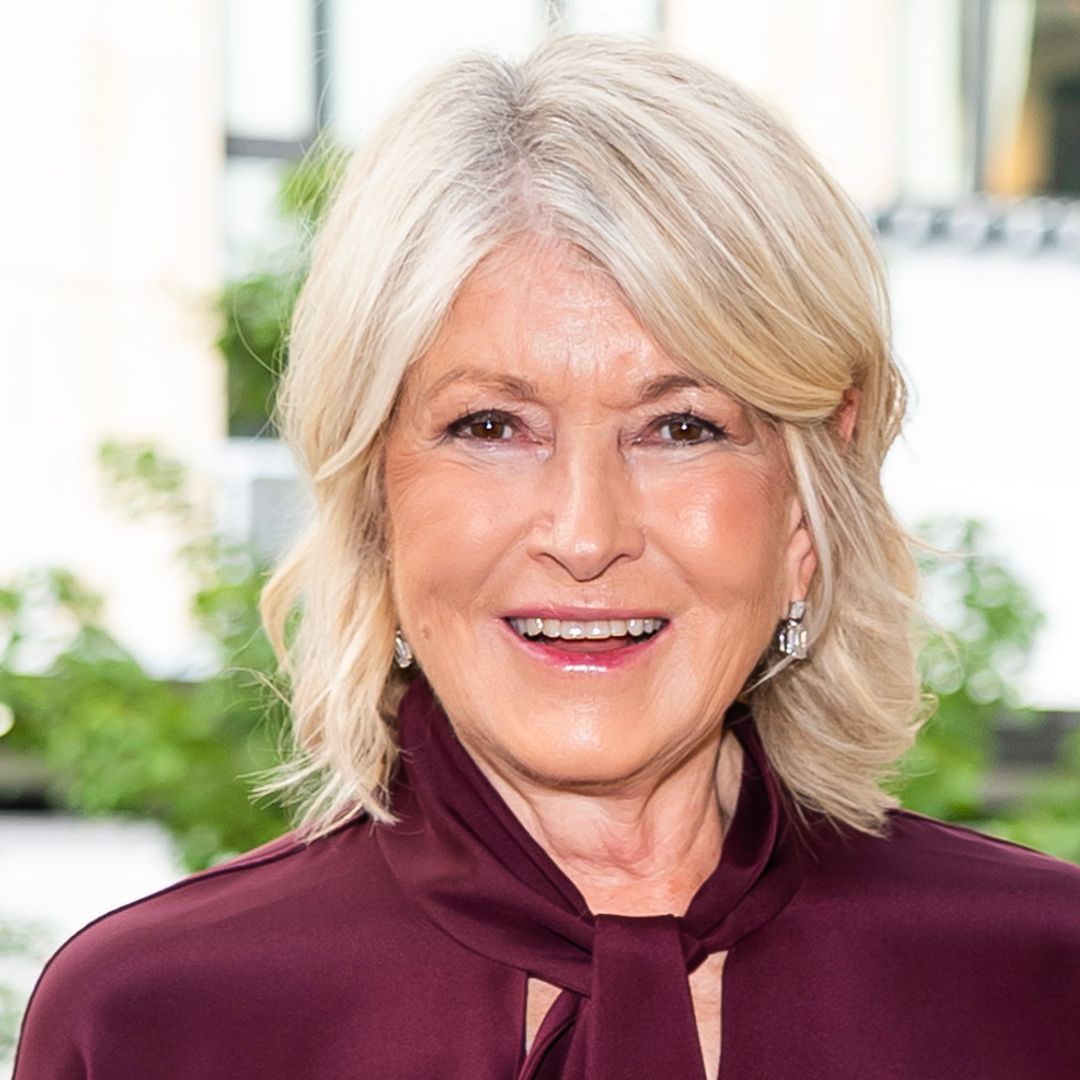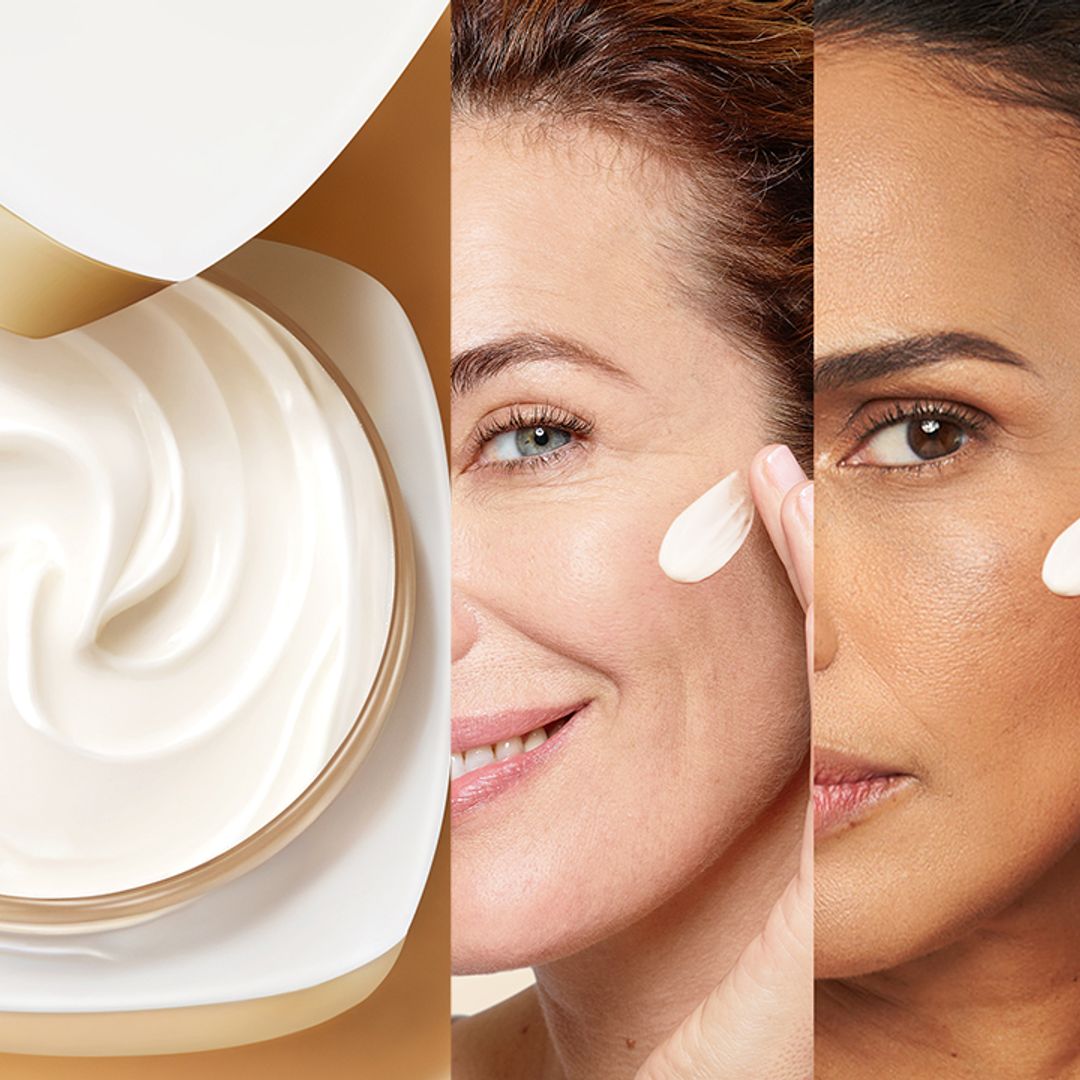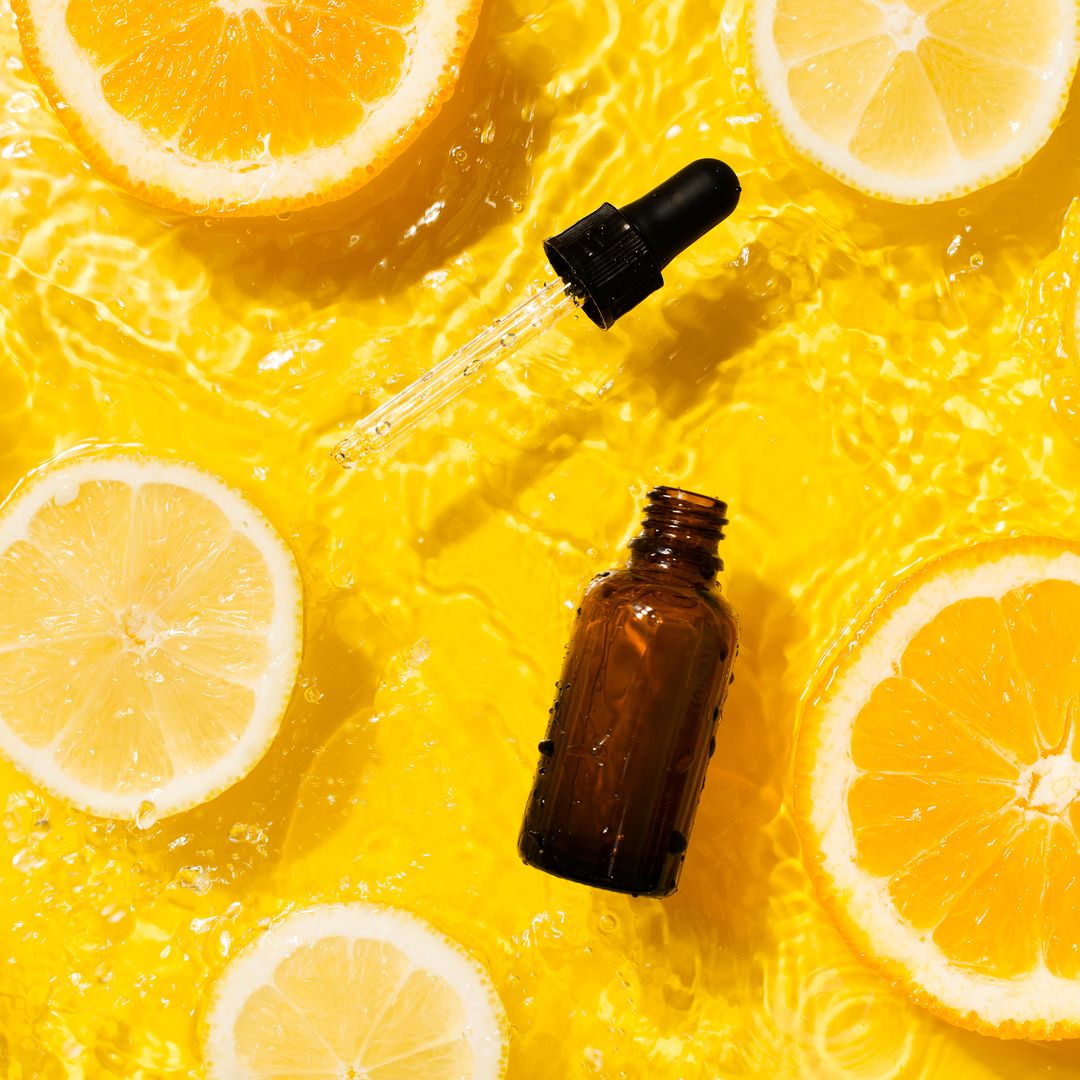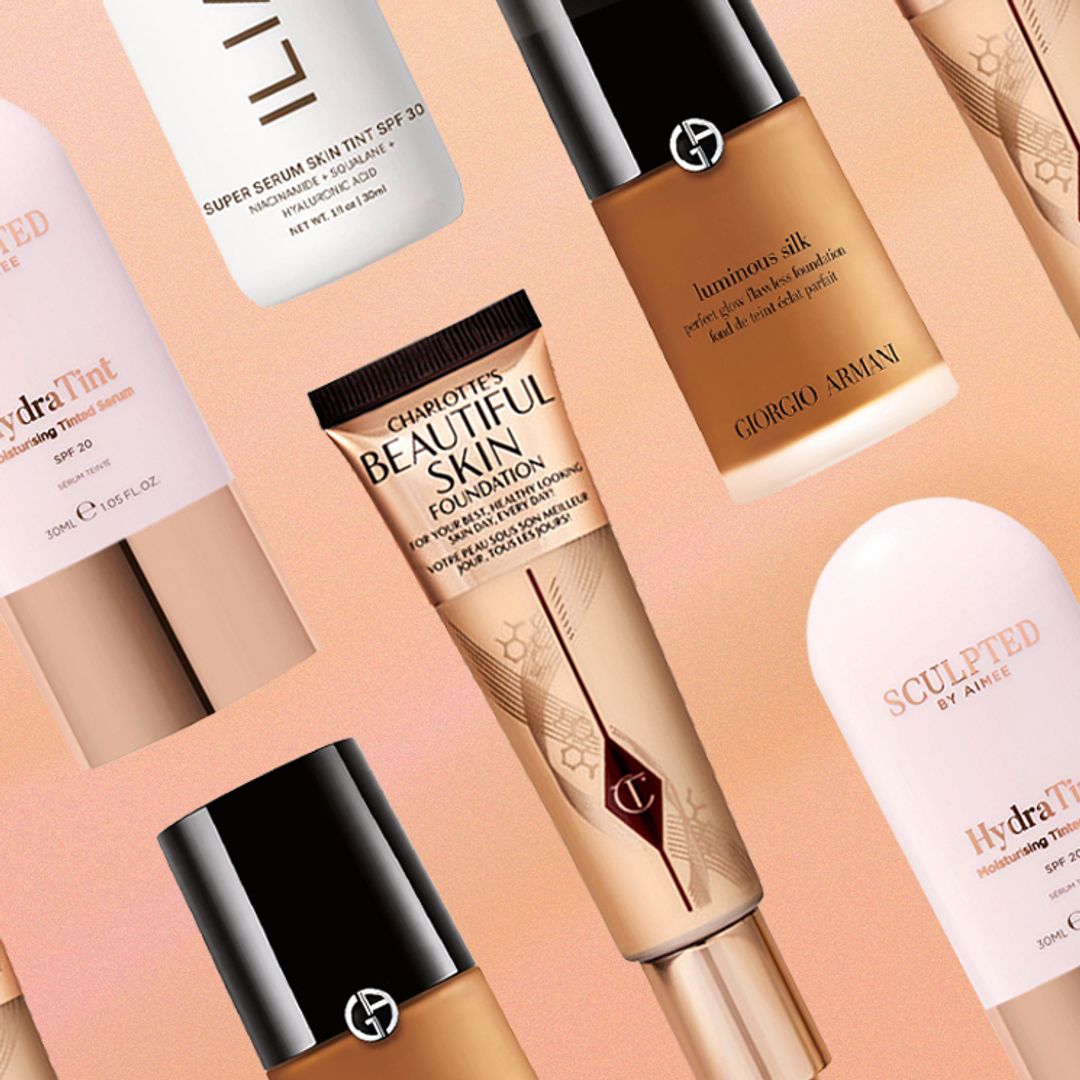You’d think the heat of the sun would make summer the most drying time for skin. But the harsh winds and central heating of winter are far more testing, says one of Britain’s foremost dermatologists, Dr Nick Lowe, of The Cranley Clinic, London. So we asked Dr Lowe to explain how our skincare routine should develop throughout the seasons to make sure our complexions remain protected and nourished every day of the year.
Summer survival
The most obvious daily essential for skin during the summer is sun protection which, Dr Lowe says, should, at the least, include a day cream containing SPF15 (on holiday, of course, you need more intense protection from dedicated suncare products).
Look for a circle containing the letters ‘UVA’ on the packaging, Dr Lowe insists, which is the EU-approved symbol to show a product protects against the more ageing UVA rays as well as UVB rays that are mainly responsible for burning (the protection against which ‘SPF’ refers to).
However, the greatest protection – and therefore the most important step you can take for the good of your skin – is to cover up with clothing and hats and stay out of direct sunlight, especially when it’s strongest from about 11am to 3pm. And use sunglasses with the CE Mark and British Standard BS EN 1836:1997, to protect the skin around the eyes (as well as the eyes themselves, from conditions such as age-related macular degeneration, which causes blindness).
The day creams you do use should also contain humectants, which grab on to moisture and keep it in the skin. And don’t forget to wear hand cream that contains sun protection, too – you only have to look at the age spots and wrinkles on many older people’s hands to see the long-term effects of daily sun exposure over the years.
Start using night repair creams to help make up for damage from ageing rays, choosing products that contain antioxidants. And use them on neck, décolleté and hands, too, which are just as exposed to the sun as the face.
Anti-ageing through autumn and winter
Cold winds and central heating mean the drying conditions during cold weather are “much worse than summer”, says Dr Lowe. “So increase moisturisation,” he says – using more intensive products more often to keep skin supple and in optimum ‘condition’ to help prevent signs of premature ageing and maintain skin health and appearance. Again, pick moisturisers that contain humectants to hold on to moisture. And avoid soaps, which contain harsh ingredients that are drying.
Spring awakening
If you’re concerned about ageing or you’re pregnant and therefore vulnerable to pigmentation problems – dark patches that result from hormonal changes – or are generally susceptible to hyper-pigmentation, you should start using creams with SPF daily again.
Medication – some antibiotics, contraceptive pills and water tablets – can also make pigmentation problems more likely, as well as, according to Dr Lowe, “causing exaggerated sunburn” as spring slips into summer and beyond.
Consider taking a vitamin D3 supplement (1000iu), says Dr Lowe, to compensate for the lack of sunlight getting to your skin, which does play a part in building healthy bones. At the least, use moisturiser regularly throughout the year to ensure skin is kept hydrated and healthy and its barrier function is maintained.







